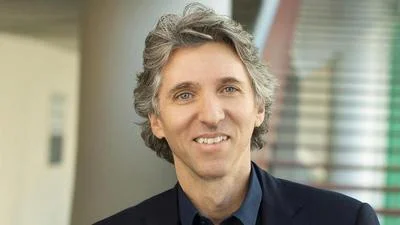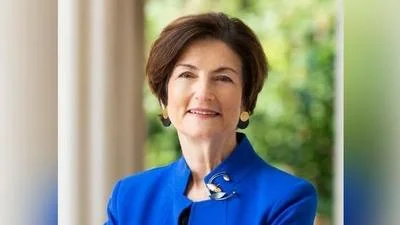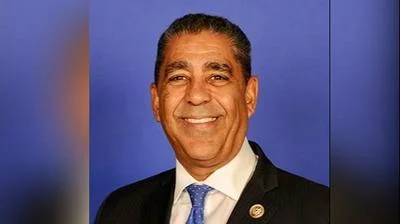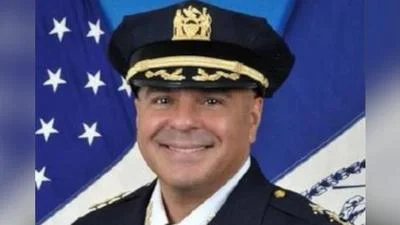Rabbi Dr. Ari Berman, President and Rosh Yeshiva | Yeshiva University
Rabbi Dr. Ari Berman, President and Rosh Yeshiva | Yeshiva University
Jewish occupational therapists from the Katz School and other institutions gathered at the American Occupational Therapy Association (AOTA) Inspire 2024 Annual Conference & Expo to discuss how occupational therapy can address intergenerational trauma. The event took place in Orlando following the October 2023 attack on Israelis.
Dr. Robin Akselrud of Touro University stated, “We had a spirited discussion on how to support Jewish occupational therapy practitioners and students with members of the Multicultural Diversity and Inclusion Network,” while also exploring "the complexities of how trauma—both Jewish and non-Jewish—is transmitted across generations, often without conscious awareness.”
The discussions included Dr. Rivka Molinsky and Shifra Leiser from Touro University, Dr. Amiya Waldman-Levi from Katz School, Dr. Lola Halperin from Sacred Heart University, Dr. Zahava Friedman from Kean University, Dr. Lisa Gordon-Handler from Hofstra University, and Dr. Avital Isenberg from the University of Pittsburgh.
Held at the Orange County Convention Center, sessions focused on incorporating cultural humility and trauma-informed care into therapy for both Jewish and non-Jewish clients. Participants reexamined intergenerational trauma in light of recent events that echoed past experiences.
“Trauma isn’t always an explicit memory,” said Dr. Halperin. “It’s woven into the fabric of family stories, community experiences and cultural norms.” This was evident as conversations revealed connections between current events and historical traumas among Jewish people.
The researchers also explored epigenetic aspects of trauma, which suggest that trauma can leave a chemical mark on genes passed down through generations. This supports the idea that suffering is inherited biologically as well as emotionally or behaviorally.
“Trauma-informed care in occupational therapy is an essential approach when working with individuals affected by trauma, including intergenerational trauma,” said Dr. Friedman. This approach emphasizes creating a therapeutic environment acknowledging trauma's impact on life.
Dr. Isenberg noted that clients linked current events to ancestral stories of persecution and survival, indicating that trauma involves both present circumstances and past experiences carried unknowingly by individuals.
Dr. Amanda Hoberman developed educational modules for OTs to address trauma-informed care underlining its necessity in healthcare education. “Amanda’s work highlighted the need for trauma-informed care to be a core part of healthcare education,” said Dr. Waldman-Levi.
Addressing intergenerational trauma extends beyond individual healing; it involves recognizing cultural legacies shaping contemporary lives across various communities including African Americans, indigenous peoples, refugees among others.
“The continuum of trauma impacts those who experience it firsthand, and then their children and grandchildren as well,” said Dr. Molinsky emphasizing empathy in therapeutic approaches considering complex life-shaping forces.






 Alerts Sign-up
Alerts Sign-up